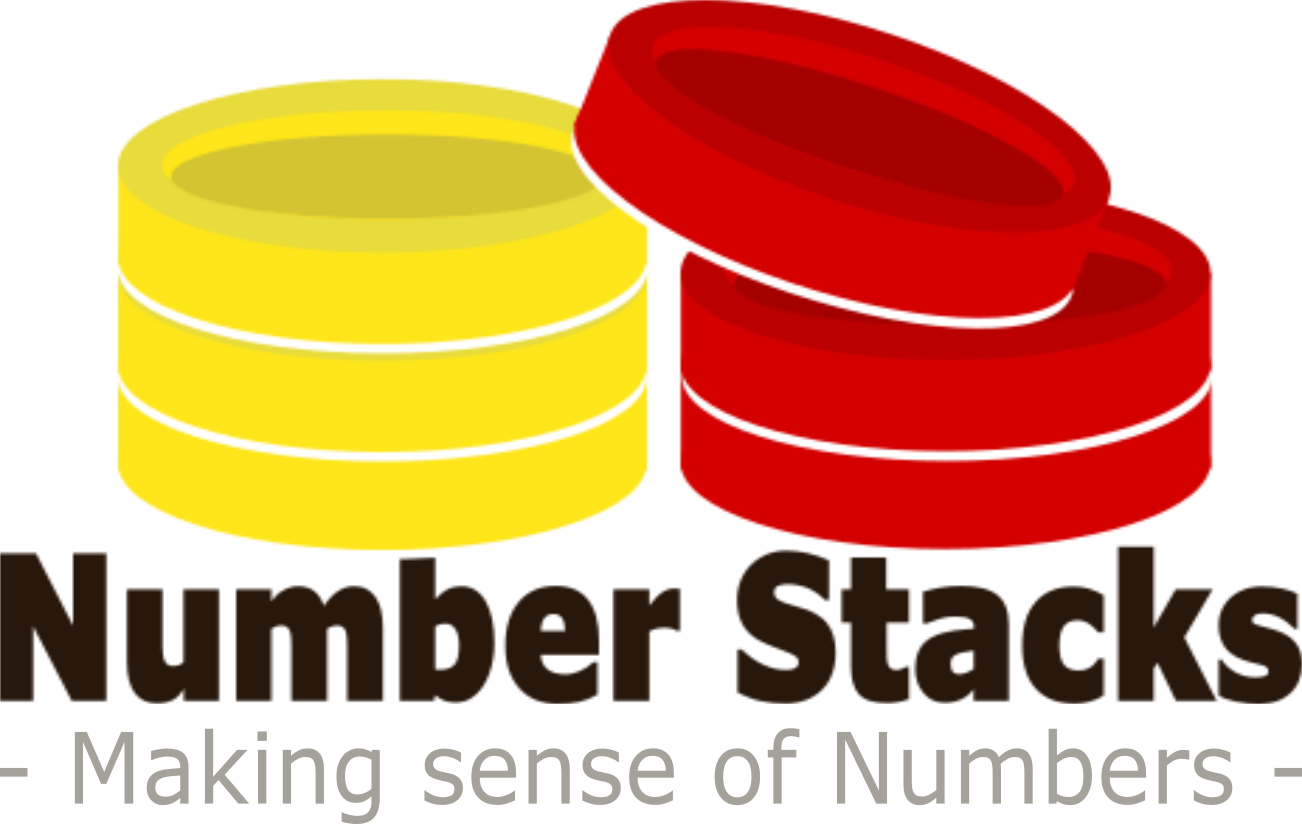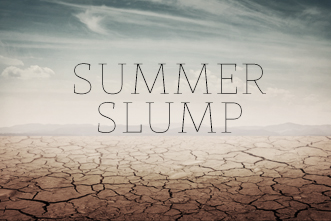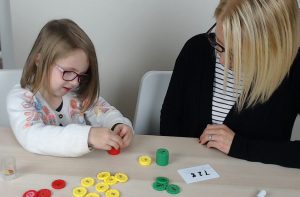I always remember the first day back at school in September as a child. Trying to pick up a pencil and write a sentence - it was as if I’d never ever done it before! The muscles in my hand that used to finely (okay not that fine as handwriting never was my strong point!) control the pencil had been reduced to ruins after 6 weeks of inactivity. Don’t get me wrong, the holidays were actually very active, but mainly in the form of playing football and cricket with my younger brother in the garden or at the beach.
I imagine I was not alone and from my years of teaching primary aged children, I KNOW that the same is true in thousands of households across the country every summer. This phenomenon has been named the Summer Slide or (as I prefer) the Summer Slump.
Now if six weeks of inactivity can have that effect on a child’s hand muscles, think what it will have on the brain! Already in the month or so since SATS, I have noticed the pupils I work with outside of school lose quite a few of the skills they had become ‘expert’ at only a short time ago. Add the summer break onto this and teachers far and wide will despairingly cry in September, ‘How on earth was this child assessed as Expected / Greater Depth?!’
So what can be done to help avoid this Slump?
Firstly, I want to stress that summer holidays should be just that - a holiday! It is important to get some quality family time, enjoy the weather if it is nice, and give children experiences that they won’t get at school. However, if we can throw in a bit of reading, some short, fun maths activities and even a bit of writing (to keep those hand muscles alive) then it’ll make a massive difference come September.
I believe the key here is doing things in short bursts. Avoid workbooks and worksheets and make activities practical. For younger children, add a notebook and pens into their games to encourage writing: menus, packing lists for holidays, recording scores of garden sports matches, anything you can think of! Take part in the Summer Reading Challenge at your local library but don’t rush it - spread it out over the whole six weeks and give your children ownership of choosing their own books to read.
For maths, you could go over some of the skills they learnt last year and then use these in some number games and challenges. Our Number Stacks videos and games are ideal for short bursts of learning and, because they are all practical, children don’t see it as ‘work’. If you haven’t already, check out what’s on our website: www.numberstacks.co.uk
Six weeks will fly by so don’t put it off - make a promise to yourself to squeeze some short learning activities in amongst all the fun. Your child (and their new teacher!) will certainly be thankful when that first day back at school comes along and they can pick up where they left off!
Thanks for reading 🙂




